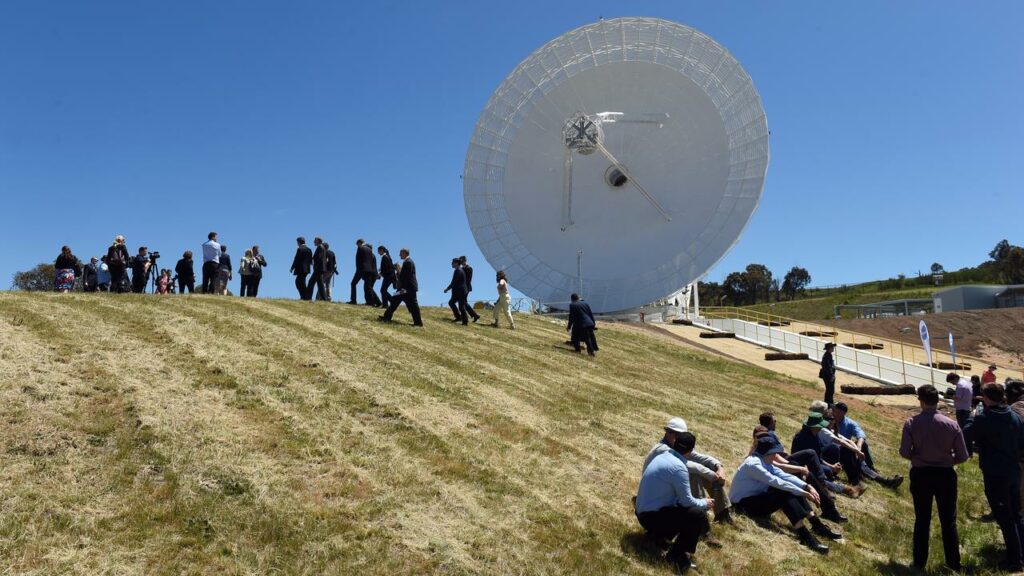Space the buzz word as farmers and investors talk tech
Liv Casben |

Scott Amyx is a man on a mission.
The venture capitalist will travel to Australia this week to explain how space technology can be harnessed for agriculture and food production.
“It’s about inspiration from things that you would normally not think about,” he tells AAP from his office in New York.
“It’s about experimenting and being open minded.”
Space may seem an unlikely focus for a conference about agri-tech, the use of technology for farming to improve efficiency and profits, but Brad Perry from evokeAg says the two are interlinked.
From growers using satellite imagery to plan their crops, to measuring greenhouses emissions on farms, space technology has already provided an enormous leap for agriculture.
“There are a lot of technologies that are already out there – that are already proven – it’s just about getting the message to farmers that these technologies are available,” Mr Perry says.
He says COVID-19 created a shift in thinking among isolated farmers who became more willing to adopt technology, but some still need convincing.
“The first question will be what’s the return on investment for me? The farmers have got to see a benefit for their business.”
From using phone apps to check grain prices, to measuring data emissions on farms, space tech has already proven a game-changer for some.
“It’s not always about big ticket items that cost a lot of money, there’s a technology there for everyone,” Mr Perry says.
For Mr Amyx, whose job it is to identify new opportunities in the space economy, it’s a case of “to infinity and beyond”.
He considers automation, controlled farming environments and artificial intelligence key opportunities for farmers, but acknowledges not all are onboard for the mission.
“The challenge is not all farmers of different sizes are going to be readily able to experiment with new technologies,” he says.
Deep in rural Queensland, Andrew Bate is helping shift the thinking about agricultural automation.
He has just delivered his 45th robot to an Australian farm.
The grain grower and co-founder of SwarmFarm Robotics will tell the evokeAg conference that Australia is leading the world in the space.
“So much of what you see elsewhere is still supervised trials or proof of concepts,” he says.
“Australia really is punching above its weight in terms of adoption of autonomy.”
Mr Bate says his company has raised $12 million in capital funding to develop its fleet of autonomous units.
“There’s a tonne of demand at the farmers for this technology,” he says.
“Developing our first robots hasn’t been easy. You’re dealing with someone’s crop and it’s critical that you get the technology right.”
The seed for the autonomous fleet was first planted at his family farm, about 300 kilometres west of Rockhampton.
“It was borne from the frustration that we farmed better 10 years earlier when we had smaller equipment,” he says.
“As we got bigger and got more efficient, bought more farms, we actually weren’t as good as we used to be.”
He wanted to farm more sustainably and be less reliant on chemicals and labour, fundamentally changing his processes and crops.
His robots reduced pesticide inputs by 780 tonnes across 1.3 million acres of farmland through precise timing and placement last year.
The company, which produces its machines and technology at Gindie in southeast Queensland, has its sights set on America.
The two men are among more than 100 speakers to address the evokeAg conference, which begins in Adelaide on Monday.
AAP